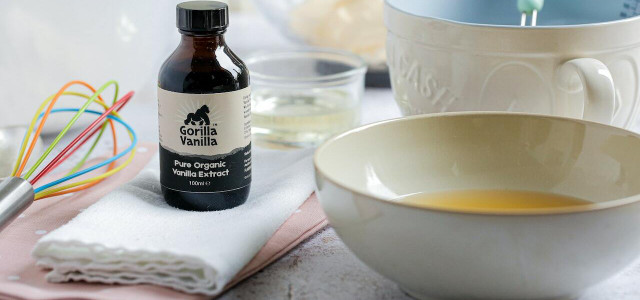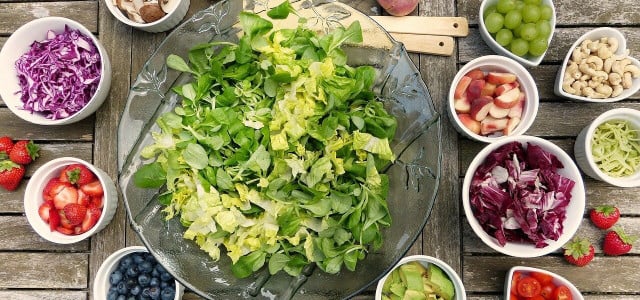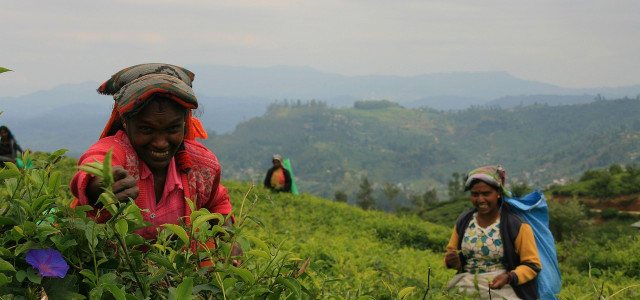Vanilla is a common ingredient in baking, but is vanilla extract vegan? We'll explore how this popular product is made and if it's safe for vegan baking.
If you’ve ever set out to bake something, chances are you’ve stumbled across vanilla extract on the ingredients list. Have you ever stopped to think about what it is and how it’s made? Vegan bakers often need to dive deeper into ingredients like flour and sugar to ensure they don’t contain animal products. Is vanilla extract vegan? We’ll take a closer look at how this popular baking ingredient is produced.
Is Vanilla Extract Vegan? How Is It Made?
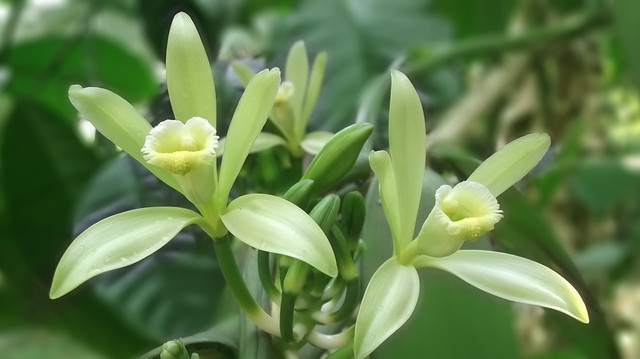


(Foto: CC0 / Pixabay / bineshab)
It might surprise you to learn that the vanilla bean isn’t a bean at all — it’s actually the fruit of the vanilla orchid. Once pollinated, these orchids produce a pod that contains vanilla beans. To create natural vanilla extract, vanilla beans must be cured and fermented before they can be ground up and soaked in alcohol and water.
According to the FDA, vanilla extract must be at least 35% alcohol with a minimum of 100 grams of vanilla bean per liter. The term pure vanilla extract is often used to label vanilla from different origins, while single-origin vanilla extract has the name of the country of origin on the bottle. The best vanilla extract will only have three ingredients: vanilla beans, alcohol, and water. Based on those ingredients, vanilla extract is vegan.
Sustainability of Vanilla Extract
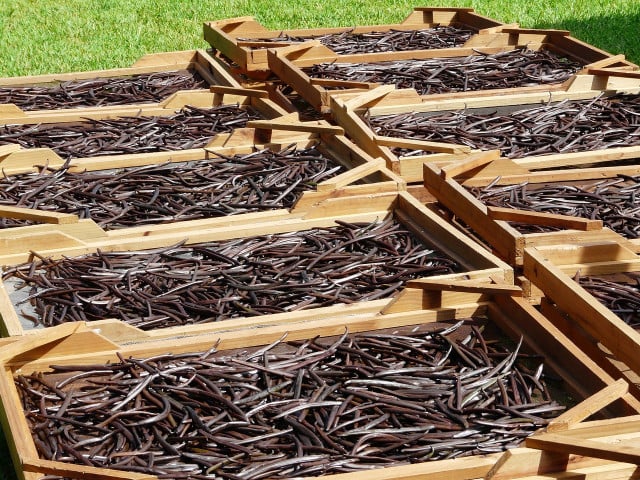


(Foto: CC0 / Pixabay / bigfoot)
The orchid which produces vanilla beans originated in Mexico and is pollinated by wild Melipona bees. Since these native Mexican bees are not found in other vanilla-producing countries like Madagascar, each flower must be pollinated by hand.
These plants require very specific growing conditions for their soil, humidity, and shade. Vanilla vines take up to four years to mature, and the flowers only bloom for one day a year — often opening for only a few hours. Even after successful pollination, vanilla pods will take another nine months to mature.
The market for vanilla is volatile, meaning farmers don’t know from one year to the next what the value of their product will be. The crops are also susceptible to drought, fungal attacks and theft.
Because growing and harvesting vanilla is such a labor-intensive procedure, the price of pure vanilla is high. In fact, vanilla is one of the most expensive spices in the world due to the hard work that goes into production.
Locations of Vanilla Production
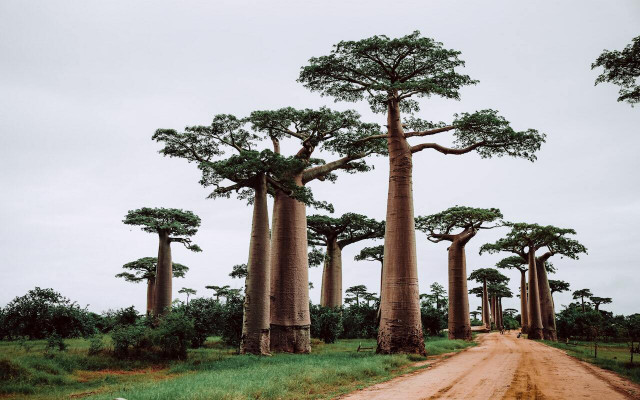


(Foto: CC0 Public Domain / Unsplash / Graphic Node )
The labor required for vanilla bean cultivation means that countries with cheaper labor are favored. That’s why the vast majority of vanilla is grown on plantations throughout countries in the Indian Ocean, like Mauritius, Comoros and Sri Lanka. Madagascar and Indonesia are top growers, producing over 4,000 tons of the global supply. The danger of growing in these locations is the risk of cyclones and other severe weather events that could knock out entire crops.
The Sustainable Vanilla Initiative is working to change the fluctuating market. They aim to promote a long-term sustainable supply of high-quality natural vanilla. They do this by working with farmers to address child labor, stabilize incomes and livelihoods, reduce early harvesting of green vanilla and improve the traceability of vanilla beans.
The Problem with Imitation Vanilla
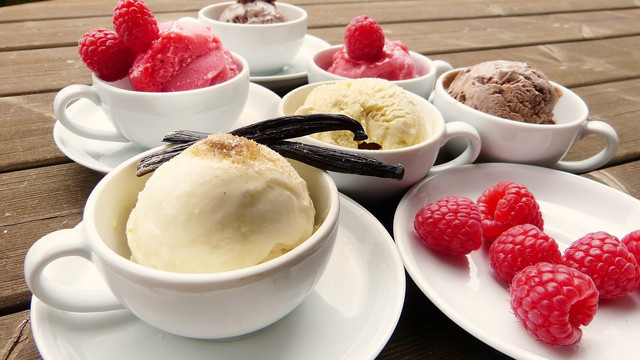


(Foto: CC0 / Pixabay / silviarita)
Demand for vanilla exceeds the natural supply, so alternative solutions must be found. Vanilla extract is vegan, but is synthesized vanilla vegan, too? Artificial vanilla extract, or vanilla essence, is made using water, alcohol, emulsifiers, and artificial colors and flavors. The flavoring used is synthetic vanillin, made in a lab to emulate the same chemical compounds found in real vanilla.
Artificial vanilla is much cheaper and far more reliably produced; however, natural ingredients are always best. When purchasing pure vanilla extract, look for single-origin and organically cultivated products to ensure the best flavor.
Not sure whether your other baking ingredients are vegan? Check out our guides:
- Is Brown Sugar Vegan?
- Is Cocoa Powder Vegan?
- Is Cocoa Butter Vegan?
- Is Dark Chocolate Vegan?
- Is Beeswax Vegan?
- Is Nutella Vegan?
- Is Almond Milk Vegan?
- Bonus: Why Figs Are Not (Always) Vegan
Read more:
- 8 Benefits of Being Vegan & Potential Drawbacks
- Kladdkaka: Swedish Chocolate Cake Recipe
- How to be More Sustainable: 4 Steps for Beginners
Do you like this post?






